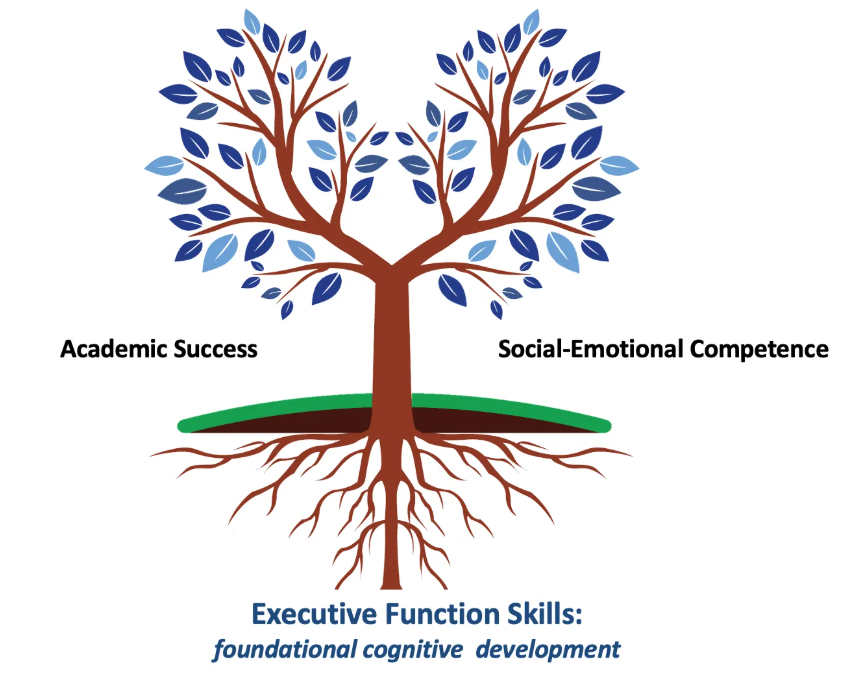
Executive Function Weekly
As a parent, you might notice your child struggles with things like staying organized, managing time, or controlling impulses. These are all tied to executive function skills—the brain’s ability to plan, focus, make decisions, and regulate emotions. Think of them as the “control center” for your child’s behavior and thinking.
Why are these skills so important? They’re the foundation for success in school, relationships, and life. Strong executive function helps your child:
- Stay on track: Whether it’s finishing homework or sticking to a morning routine, skills like planning and prioritization keep them organized.
- Handle challenges: Problem-solving and flexibility let them adapt when things don’t go as planned, like switching strategies during a tough math problem.
- Build self-control: Impulse control and emotional regulation help them pause before reacting, like not yelling when frustrated.
- Achieve goals: From completing a project to saving for a new toy, goal-directed persistence keeps them motivated.
Kids with weak executive function might struggle with forgetting tasks, losing things, or melting down over small setbacks. These skills develop over time, especially in the prefrontal cortex, which isn’t fully mature until the mid-20s. By supporting your child now—through routines, breaking tasks into steps, or modeling calm problem-solving—you’re setting them up for independence and resilience. It’s like teaching them to “drive” their brain effectively, which pays off in academics, social skills, and future success.
This weekly newsletter will teach you everything you need to know!
